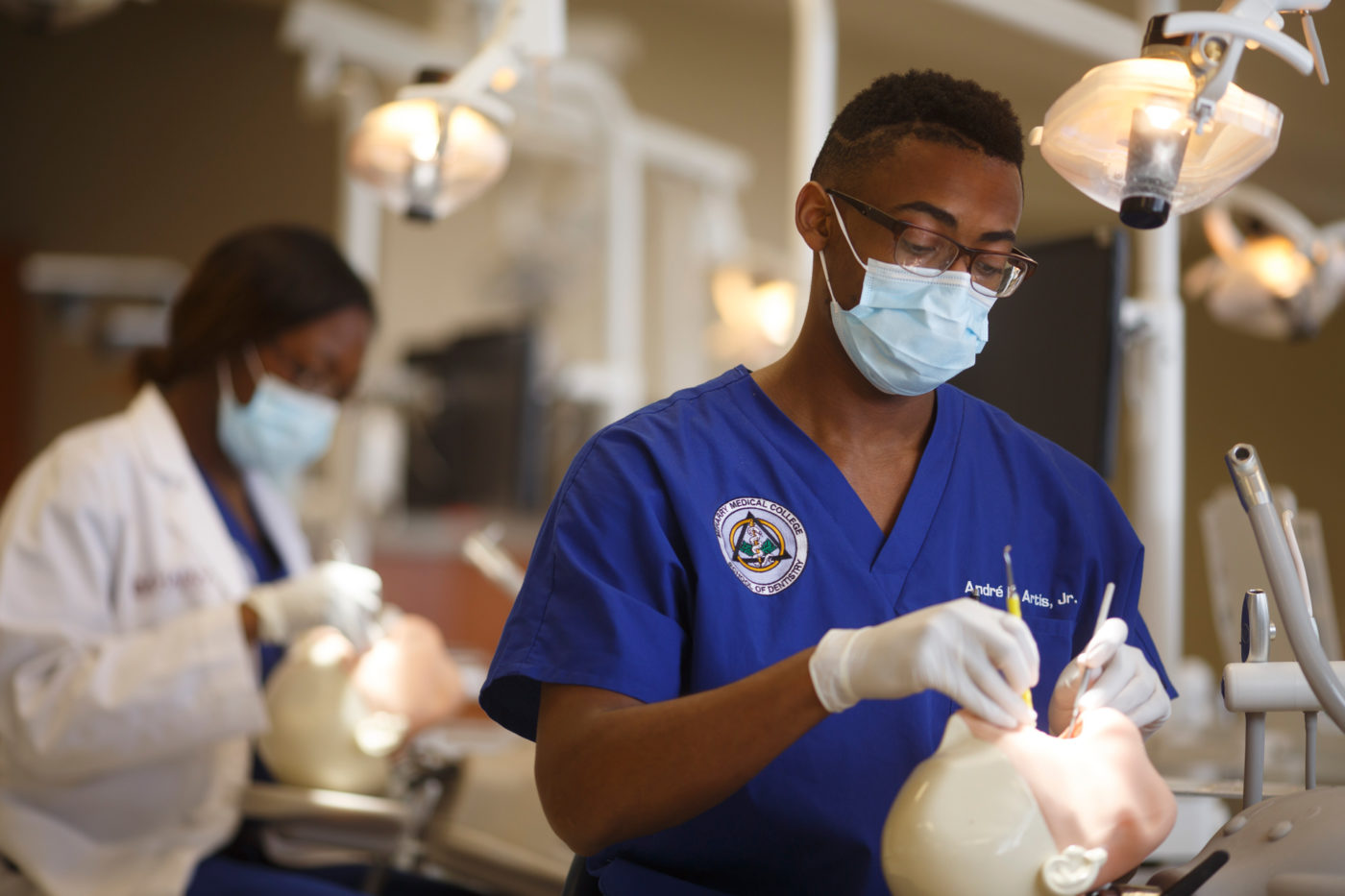When most people think about dental implants, they imagine a Hollywood smile – perfectly white and straight teeth that seem to jump out from behind the lips. While this may be the end goal for some patients, getting there can be a long and complicated process. Dental implants are a surgical procedure that involves replacing missing teeth with artificial tooth roots. So, to help you understand the process a little better, we’ve put together six things you should know before making the final decision:
There are Different Types of Dental Implants
The most common type of dental implant is the endosteal implant, which is placed directly into the jawbone. These are usually used for patients who are missing a single tooth or multiple teeth in a row. Another type of dental implant, known as the subperiosteal implant, is placed on top of the jawbone beneath the gum tissue. The metal frame of the subperiosteal implant fuses with the bone over time, providing additional support for artificial teeth. This type of implant is often used for patients who are missing all of their teeth in a particular arch (upper or lower). Your dentist will determine which type of implant is best for you based on several factors, including the health of your jawbone, the number of teeth being replaced, and your personal preference.
The Cost of Dental Implants Varies
The cost of dental implants varies depending on many factors, such as the number of implants being placed, the type of implants being used, and the location of the surgery. For instance, if you only need one implant to replace a single tooth, the cost will be less than if you need multiple implants to replace all of your teeth. In general, however, dental implants can be quite expensive. You can expect to pay several thousand dollars for dental implants. The cost of full mouth dental implants is typically around $30,000. While this may seem like a lot of money, it is important to remember that dental implants are a lifetime investment so it will be worth it in the long run.
The Procedure is Usually Done in Two Stages
The first stage of the dental implant procedure is known as the surgical phase. During this phase, the implant(s) will be placed into your jawbone. In some cases, a temporary tooth (or teeth) may be placed on top of the implant to make eating and speaking easier. The second stage, known as the prosthetic phase, begins after the implants have had time to fuse with the bone (a process that can take several months). Once the implants are firmly in place, your dentist will attach artificial teeth (known as abutments) to them. These artificial teeth can be made from a variety of materials, including porcelain, ceramic, or metal.
Dental Implants are Not for Everyone
While dental implants are a great solution for many people who are missing teeth, they are not right for everyone. The best candidates for dental implants are non-smokers who have healthy gums and enough bone density to support the implant. Patients with certain medical conditions, such as diabetes or heart disease, may not be good candidates for dental implants due to the higher risk of infection. Your dentist will be able to determine if you are a good candidate for dental implants during a consultation appointment. If you are not a good candidate, there are other options available to you, such as dentures or bridges.
The Procedure is Usually Outpatient
Dental implant surgery is usually an outpatient procedure, which means that you can go home the same day as your surgery. In some cases, however, patients may need to stay overnight in the hospital for observation. The length of the surgery will depend on the number of implants being placed. Most single tooth implant surgeries take less than an hour to complete, while multiple teeth implant surgery can take several hours. After dental implant surgery, you can expect to experience some swelling and bruising around the surgical site. This is completely normal and will typically resolve itself within a week or two. You may also experience some pain and discomfort during this time, which can be managed with over-the-counter or prescription pain medication.
Dental Implants Need to be Cared for Like Natural Teeth.
Once your mouth has healed from surgery, you will need to take care of your dental implants just like you would your natural teeth. This means brushing and flossing them every day, as well as visiting your dentist for regular checkups and cleanings. It is also important to avoid chewing hard foods (such as ice or candy) with your implants, as this can damage them. However, other than that, there are no special restrictions on what you can eat with dental implants. If you take good care of your implants, they can last a lifetime.
Dental implants are a great solution for many people who are missing teeth. However, they are not right for everyone and the procedure can be quite expensive. If you are considering dental implants, keep these six things in mind and talk to your dentist to see if they are the right solution for you. This way, you can be sure that you are making the best decision for your oral health.



